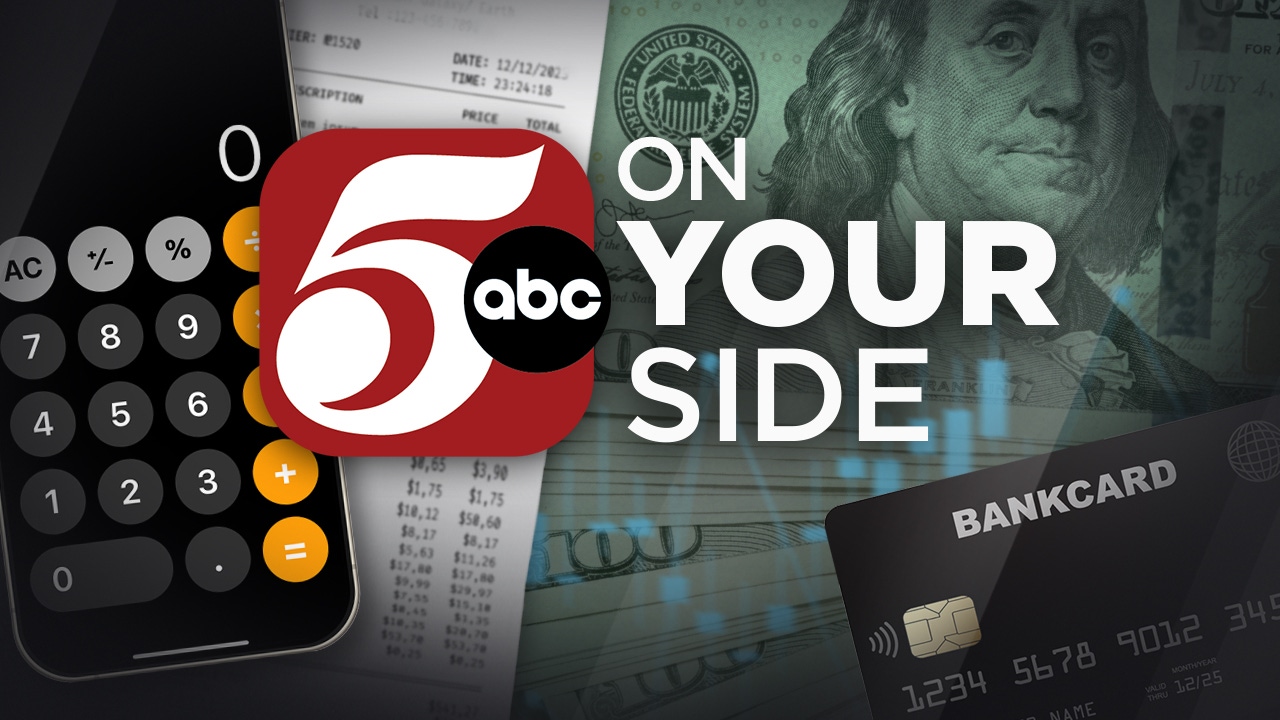5 ON YOUR SIDE: Save while shopping
Many of us think of ourselves as savvy shoppers, looking for ways to snag a bargain and get the best value for our money. But are we using all the tips and tricks that are out there, right?
Consumer Reports reveals there’s a simple — but often overlooked — tool that can help you save big bucks while shopping online and in stores: UNIT PRICING. It can help you determine whether buying bigger or smaller, name-brand or generic, is better. Unit pricing isn’t a new concept, but you’d be surprised how many consumers overlook this basic money-saving tool.
Here’s how it works: The unit price is essentially just what it sounds like — the price per unit of an item — whether in ounces, pounds, or any other measurement rather than the total cost. Just be sure you’re comparing, say, ounces to ounces. If you need help converting items to the same unit, you can search online for a unit pricing calculator to make it easier or if a unit price isn’t listed, simply divide the cost of the item by the number of units.
Keep in mind that paying a slightly higher unit price for a smaller size might sometimes be more economical — if it’s an item you don’t use often and will end up throwing away. Unit pricing helps you see beyond the price on the tag to know the actual cost of your purchases.
Bottom line: A little label and price tag sleuthing, along with some simple math, can add up and give your household budget some much-needed relief.
All Consumer Reports material is Copyright 2024 Consumer Reports, Inc. All Rights Reserved.
Consumer Reports is an independent, nonprofit organization and has no relationship with any advertisers on this site.
Consumer Reports does not endorse products or services, and does not accept advertising.
For more information, visit consumerreports.org

